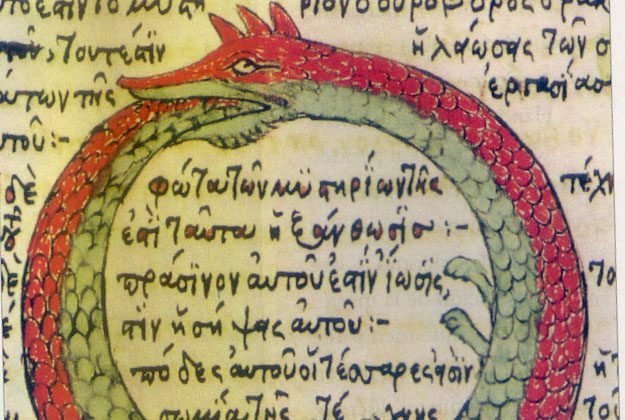Seven Facts About Medicine in the Medieval Era
Every sneeze in Europe was seen as a harbinger of doom, while every stubbed toe was considered a sign of the impending apocalypse.
Disease has been a part of human existence since ancient times, with our bodies often betraying us in mysterious ways.
While the Greeks had some understanding of medicine, the rest of Europe seemed to have forgotten these teachings.
Meanwhile, in the Arab world, medical knowledge flourished, with advancements made in fields like surgery and the establishment of hospitals.
Europe, on the other hand, was consumed by fear of demons and illness, hiding under their bed sheets at the slightest hint of danger.
In those times, hospitals were run by monks and nuns, providing basic medical care to those in need.
Monks would often perform crude surgeries, while the urine flask held great diagnostic importance in medieval medicine.
Doctors were not always trusted, with many relying on traditional healers for relief.
Barbers also played a role in medical care, performing surgeries and dental extractions in addition to their usual barbering services.
Medieval markets were places where one could lose a tooth while buying produce, with dentists using rudimentary tools for oral care.



